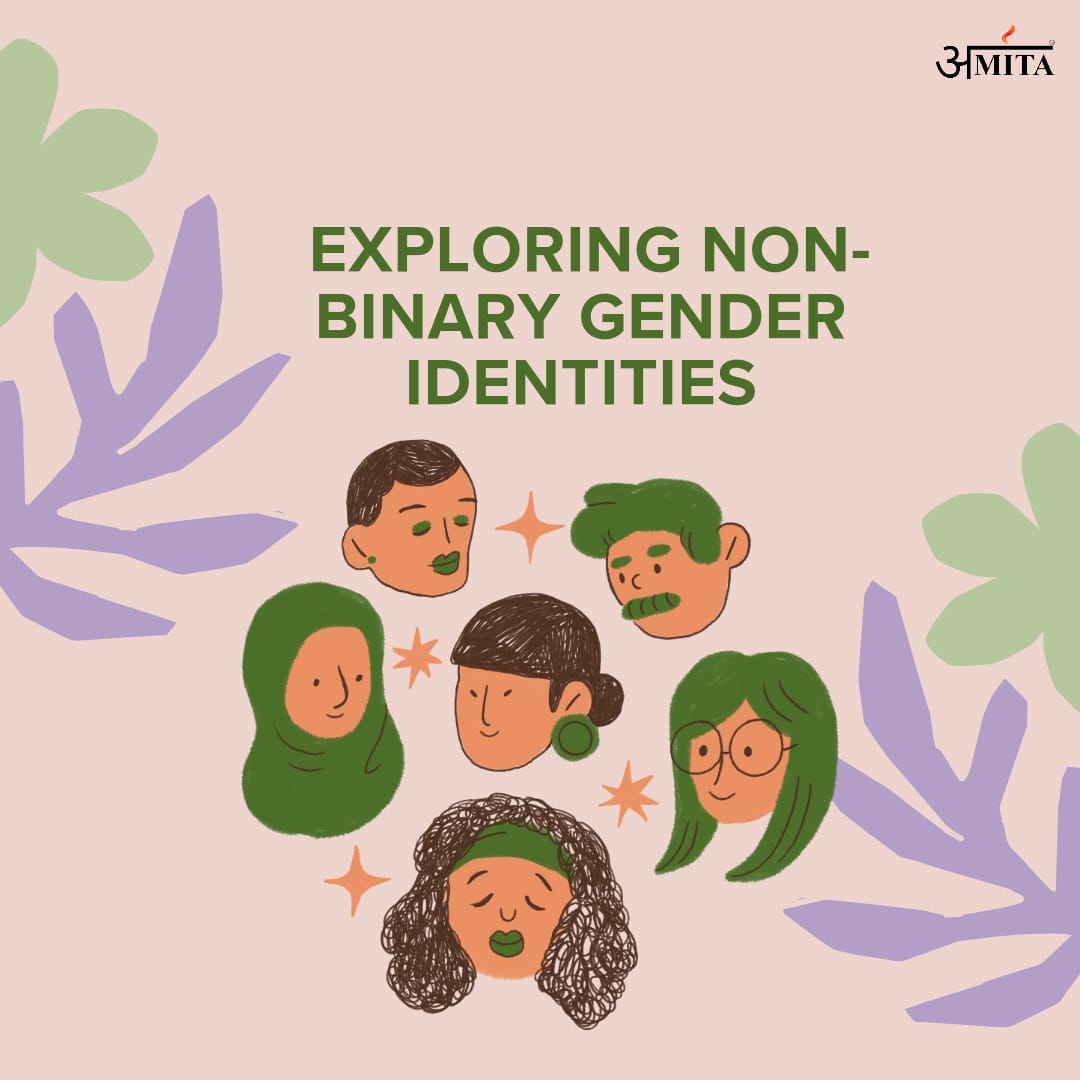
For centuries, our understanding of gender has been confined to a binary system: male or female. But the reality is far more nuanced. Many individuals don’t identify solely as male or female. This is where the concept of non-binary comes in.
Non-binary is an umbrella term for gender identities that exist outside the gender binary. Non-binary individuals may feel their gender is a mix of masculine and feminine, neither masculine nor feminine, or fluid and ever-changing. Some common non-binary identities include:
Term Description
Agender : Having no gender identity at all.
Genderqueer : A rejection of traditional gender categories.
Genderfluid : A gender identity that is not fixed and can change over time.
Exploring non-binary identities challenges the idea that gender is a fixed biological category. It highlights the concept of gender as a spectrum, allowing for a wider range of expression and experience.
Here are some key things to remember about non-binary identities:
- Non-binary is not the same as transgender. While some non-binary individuals may identify as transgender, not all do.
- Respect pronouns. Just like with any person, use the pronouns a non-binary person identifies with.
- Educate yourself and others. The more we understand non-binary identities, the more inclusive and welcoming our communities become.
By embracing non-binary identities, we move closer to a world where everyone feels comfortable expressing their authentic selves.
Kanishka
